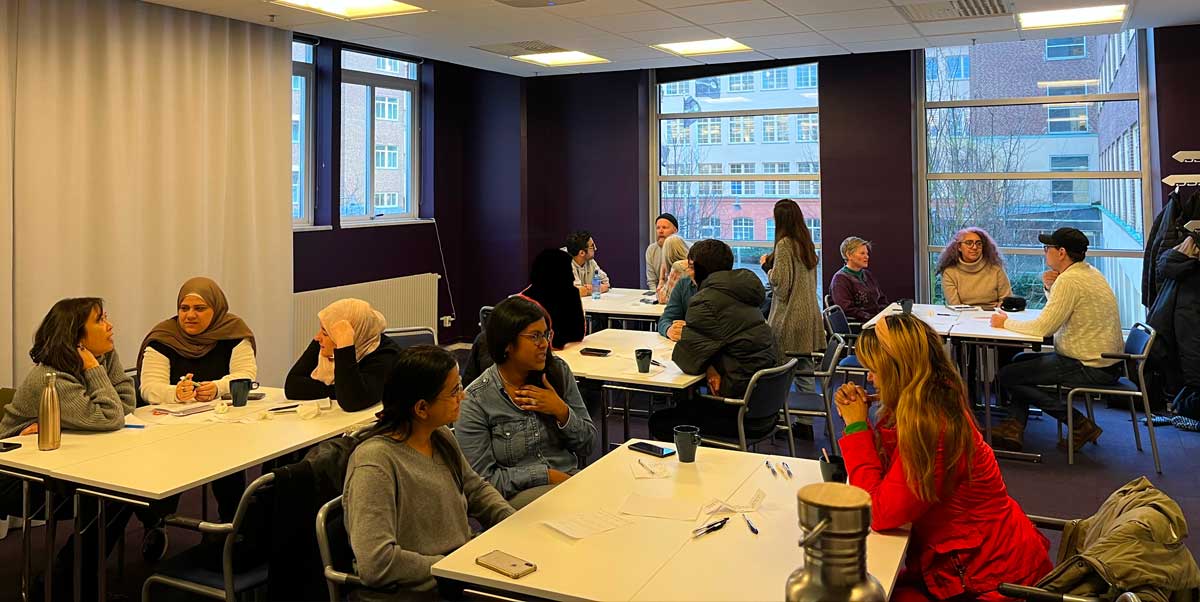Results
Here you can find the results from the sustainability and innovation workshops imparted. The workshops were facilitated in Helsingborg, an innovative city in the south of Sweden. The success of the workshops was validated by feedback from all attendees. New connections were also created, with the opportunity to develop new partnerships and projects.
Some of the major highlights were the holistic approach to sustainability–analysing it from a general level to specific fields such as business, politics, culture and economy. Transformative learning was also praised with activities such as meditations, envisioning, safe spaces for reflections, integration of perspectives, worldview analysis, and finding hope linked to purpose.
You can find below a small summary of the ideas explored and developed in each workshop. If you would like to implement them with your team or organisation, you can find the guides here. You can follow us on Instagram for updates, short ideas, reflections and everything related to sustainability.
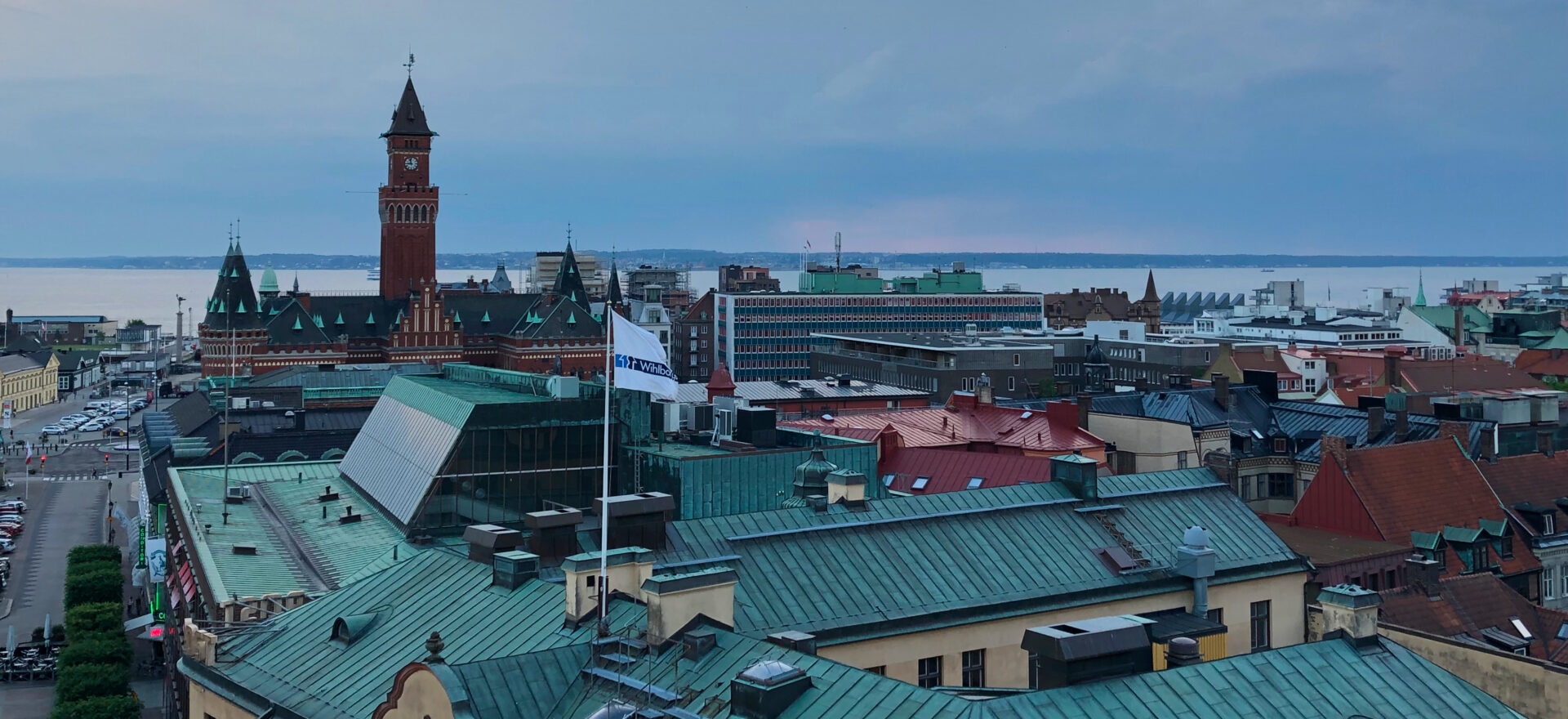
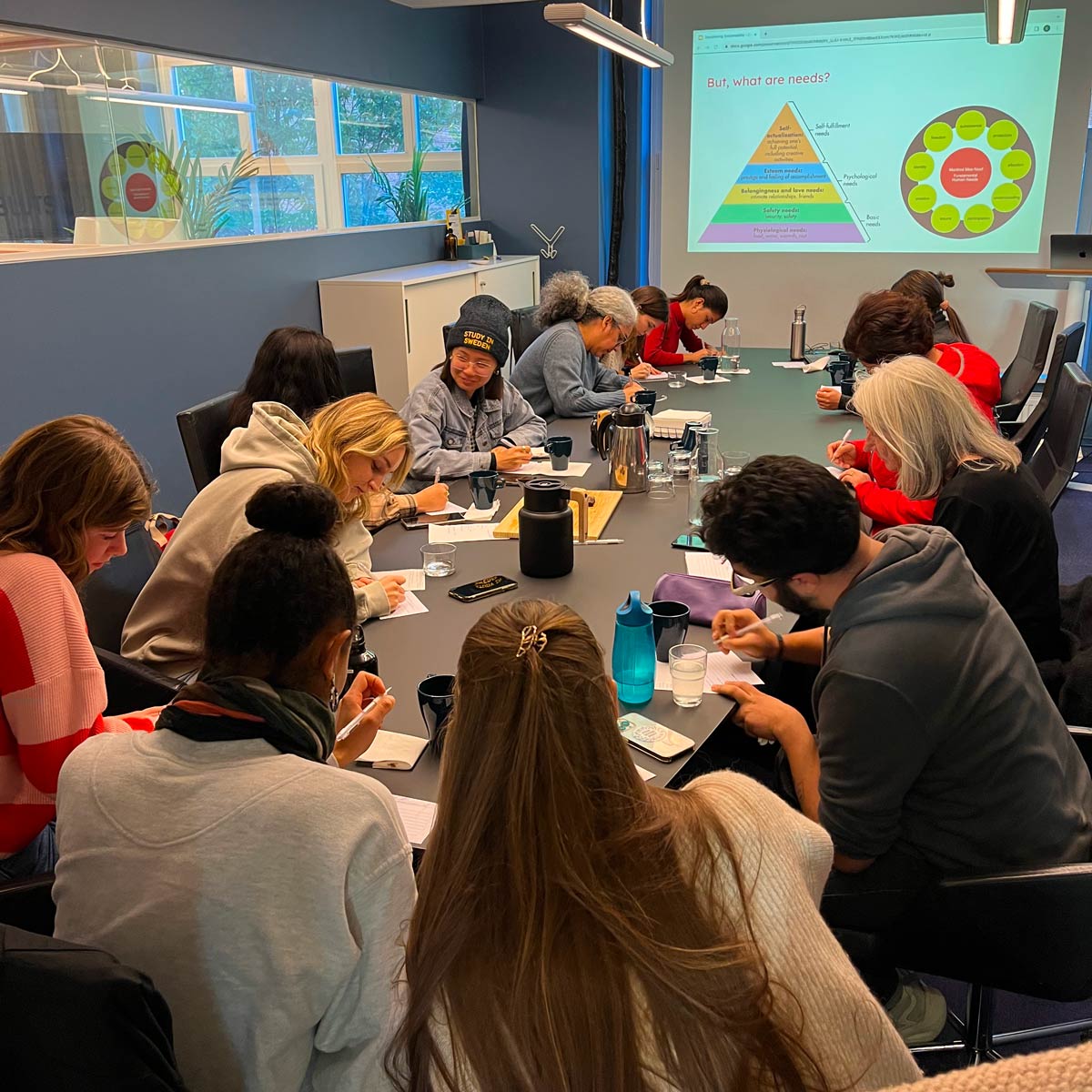
Workshop 1: Deciphering Sustainability
Sustainability has different levels of depth, several conceptualisations and many applications. The workshop discussed these possibilities and mapped sustainability definitions to have a broader understanding on how the concept is implemented in society.
Through interactive discussions, the engagement of participants was inspiring. Honesty and balance were recurring prerequisites on how to approach sustainable development. Honesty when talking more transparently about sustainability and to demystify the term for more people to come onboard. Balance should also be aspired to, accepting that we will undoubtedly have an impact on the environment, but finding an equilibrium is essential.
The workshop also acknowledged how sustainability is used by companies to create new products and to promote their business. The positive and negative impacts of this have to be analysed in depth, navigating the complexity of the field. A complexity that dives into the most essential questions such as what are the real human needs, and the possible solutions to satisfy them. Here—community, mindfulness and art might have a say in changing a commonly profit-driven culture.
Workshop 2: Individual Impact on Sustainability
A large list of actions for individuals to contribute toward sustainability efforts exists, but which ones are the most powerful ones?
The workshop started with a meditation practice to clear our mind and become more conscious of our needs. Then we transitioned into discussing individual actions and their level of impact, acknowledging our constraints in terms of time and daily-life responsibilities.
Some actions are obvious if we are already involved in this transformation. Examples range from choice of transport, consumption habits and moving up into becoming good citizens; for example, voting for the right parties and donating money to impact organisations.
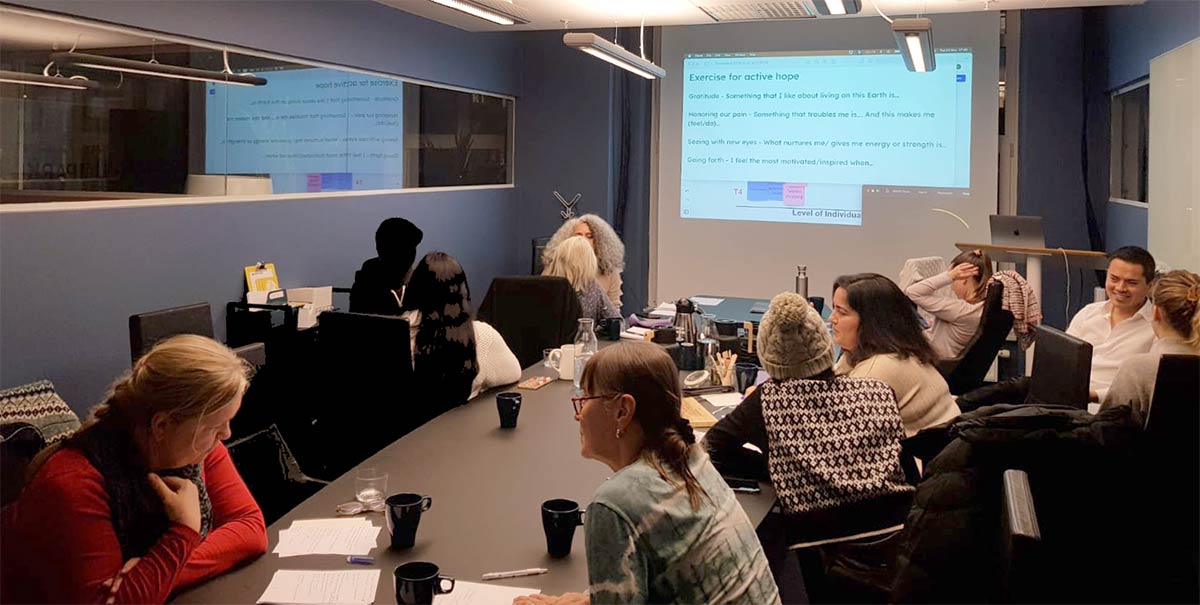
Unfortunately, this is not enough since we are still constrained by unsustainable human structures. If we are to see a real change, work is needed on bringing to light and transforming these structures.
We then finished the session with an inspiring activity of active hope. The activity guided us into finding foundation on gratitude, honoring our struggles, and finally seeing with new eyes to move forward into the future.
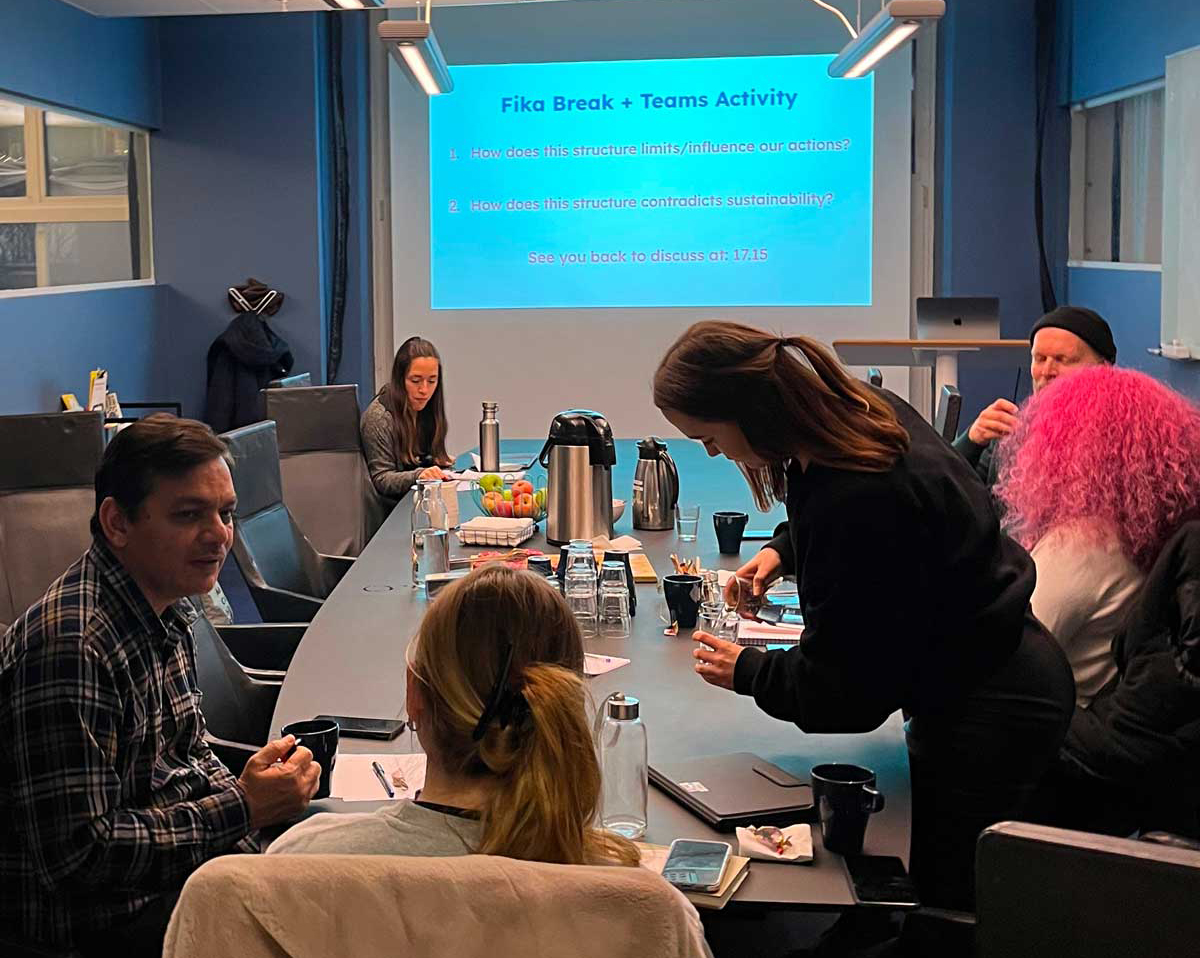
Workshop 3: Changing Collective Structures
Individuals are subject to a variety of subjective and objective structures. These take away our control and leave no option but to adapt to them. Sustainability is constrained by similar conditions. The goal of the workshop was to understand what these structures are, their relationships with each other and how they facilitate or impede sustainability efforts.
Objective structures such as technology, economic systems, and policies regulate what individuals can ultimately achieve in terms of resources. In addition, subjective structures such as culture and gender also generate different worldviews and beliefs, shaping sustainability visions. This means that besides changing at an individual level, we must also become collective agents. An example to achieve this can be by joining organisations and movements working toward transforming these structures into sustainable ones.
Workshop 4: Business and Sustainability
Business development has a long list of tools and processes to start a business or to improve it. This workshop analyzed whether these include sustainability considerations at their core. If these tools are to be used to create the companies of the future, wouldn’t it make sense they are aligned with sustainability principles?
Participants proposed that key characteristics businesses should adopt are transparency, sustainable strategic planning, improvement of supply chains, adaptation to a changing environment, social responsibility, and clear intention. A common agreement was that business models cannot continue to be built traditionally. Besides using frameworks that define the core elements of a business, it is also indispensable they include considerations on social and environmental impact if they are expecting to operate within a sustainable economy.
On the environmental aspect, businesses must understand how to work within the planetary boundaries and contribute to their restoration. On the social side, they must ensure the wellbeing of their employees, subcontractors, partners, and the lives impacted by their product or service. Especially today, at a time of a fast-paced transition into an era of global warming and digital expansion.
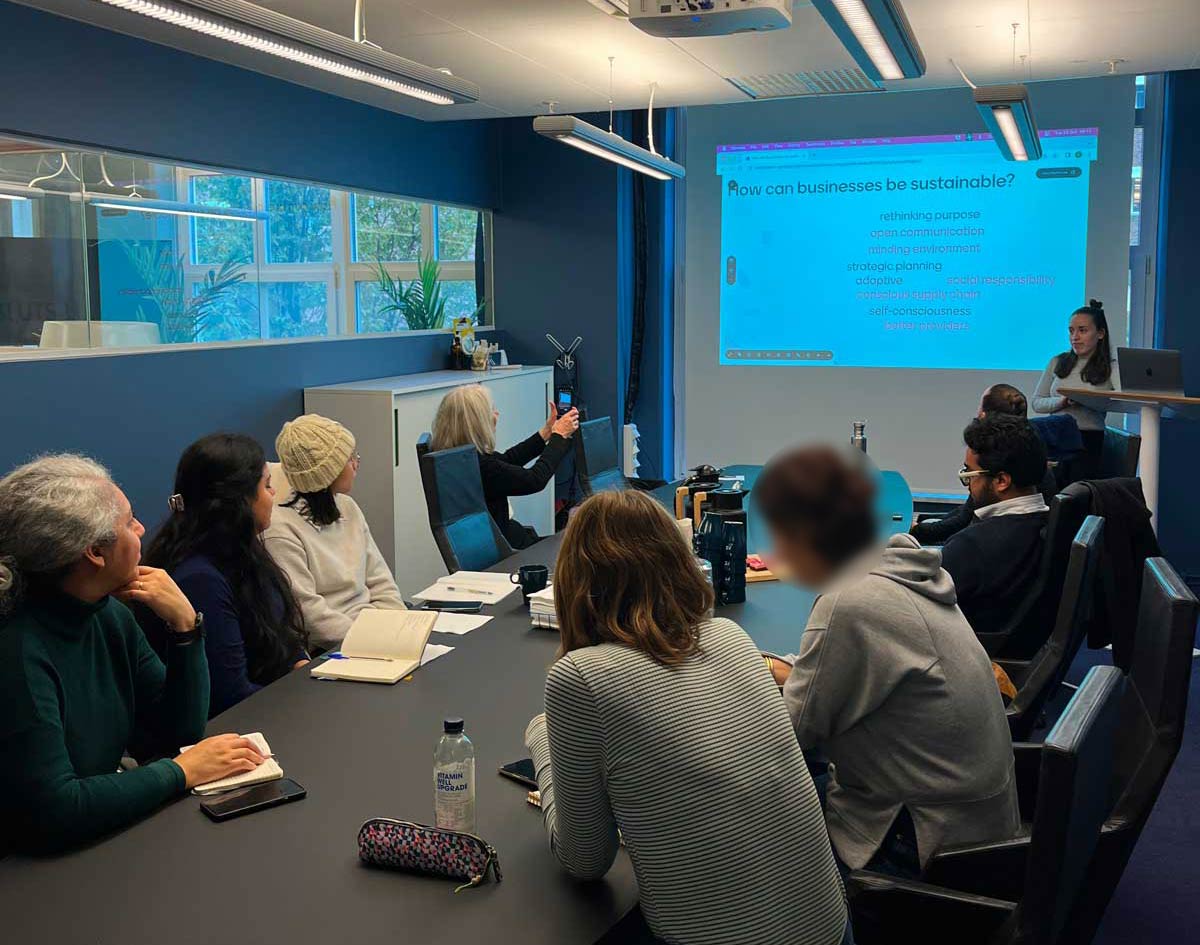
Regarding capacity: Are employees, customers and users properly trained to face upcoming sustainability challenges and cybersecurity threats for example?
New and existing companies must start investing and paying more attention to these two aspects which are fundamental for developing a healthy socioeconomic system.
Workshop 5: Envisioning Helsingborg
A sense of calmness and safety–both mental and physical–was a city vision discussed in this workshop. This means developing social connectedness and creating spaces for multicultural exchange. And supported by local businesses and jobs that drive sustainable practices and the personal growth of inhabitants.
Envisioning what a sustainable future looks like, and the journey to get there, is indispensable. We cannot navigate the complexity of sustainability without having a clear understanding of the objective and the process to follow, aiding us by bringing together people from different backgrounds and sectors of society.
